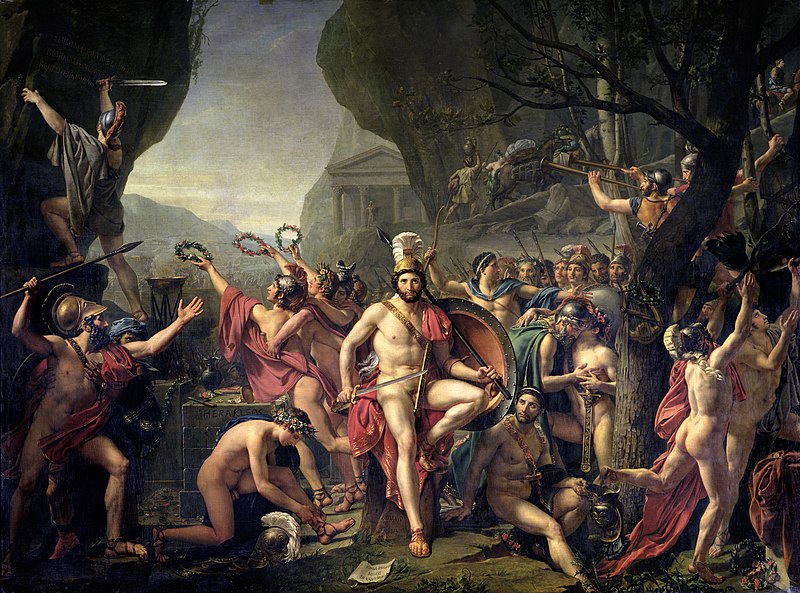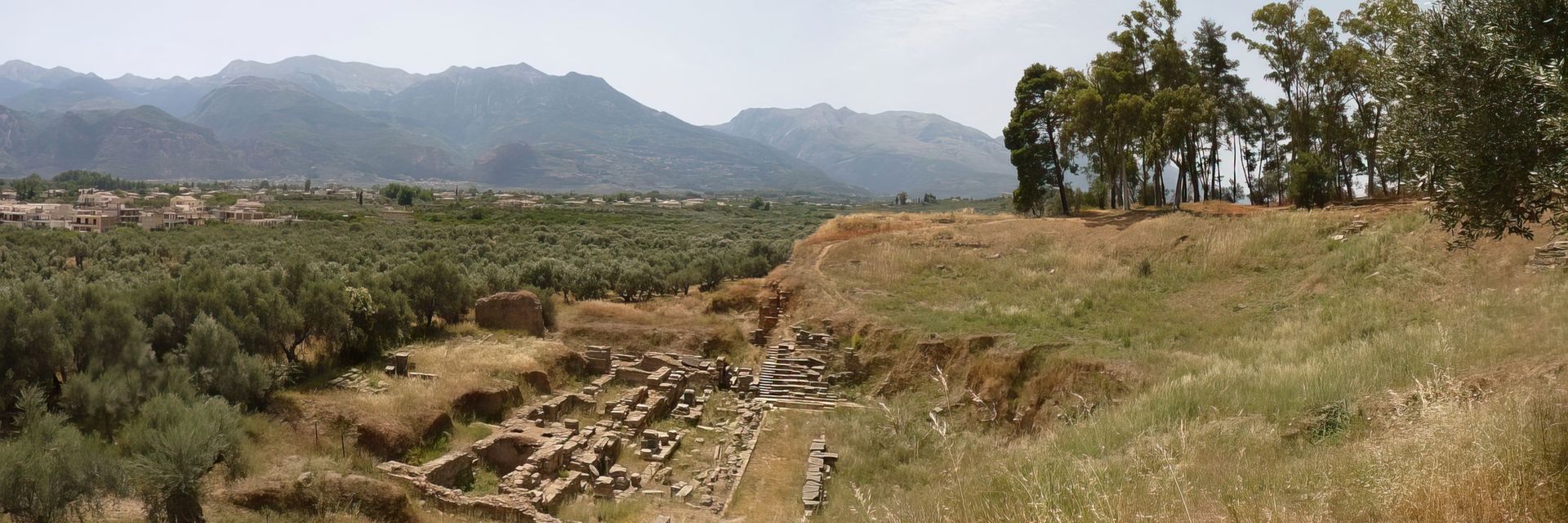The ancient Greek city-state of Sparta was renowned for its military power, its disciplined soldiers, and its stable political system. Millennia later, its legacy continues to resonate.
◊
When you think of “warrior culture,” perhaps the first place that crosses your mind is the Greek city-state of Sparta. Certainly no city in the ancient world exceeded Sparta in its reputation for discipline, courage, physical strength, and military prowess.
Located in the southern part of the Peloponnese peninsula, Sparta was founded in the 10th century BCE by the Dorians, a group of Greeks who migrated to the area from the north. In the centuries that followed, Sparta developed into a powerful city-state that was known for its political stability and its fierce independence, as well as its military might.
For more on Sparta, check out "The Spartans" episode of the MagellanTV series Ancient Warriors.
In Sparta, Might Made Right
Sparta’s emphasis on military training and discipline – along with a certain cruelty – seem to be the distinctive elements of its culture that we remember most. After all, it was not a society that tolerated weakness, even in its babies. Newborns who showed signs of infirmity were routinely thrown to their deaths from Mt. Taygetus. From the healthy, however, much was expected.
Spartan boys were raised to be warriors, with a rigorous education in the agoge that focused on physical fitness, combat skills, and a strong sense of discipline and duty. Girls were raised separately, primarily by their mothers. They were also trained in physical fitness, but the main expectation was that they should produce healthy offspring to support the Spartan state.
Sparta’s Rigid and Self-Sacrificing Society
In addition to its militaristic culture, Sparta was known for its social and political system, which was based on a rigid hierarchy of classes. At the top of the social order were the Spartiates, a small group of male citizens who had completed their military training and were allowed to participate in politics. Below them were the perioikoi, free people who lived in the surrounding areas and provided Sparta with economic support. At the bottom of the social order were the helots, enslaved people who were considered property of the state but assigned to individual Spartans to work their land.
In the shifting alliances among the city-states of ancient Greece, Sparta was feared by its enemies, valued by its friends, and essential in defending against aggressive invaders from the east, especially the Persians. Even in defeat – as in the legendary 480 BCE Battle of Thermopylae against the Persians – the Spartans burnished their reputation for unblinking courage and principled sacrifice for a greater cause.

Leonidas at Thermopylae, Jacque-Louis David (Collection of The Louvre via Wikimedia Commons)
Sparta Today
Today, sports teams that want to tout their toughness take “Spartans” as a nickname, and the word itself has become synonymous with austere, rigorous, and self-denying. (Taken to an extreme, though, the Spartan legacy is embraced by some right-wing political groups.)
If you’re the traveling type, you might want to visit the modern city of Sparta, which is built upon the ruins of its ancient precursor in the province of Laconia, far from the tourist magnet of its old rival, Athens – a distance that seems apt, don’t you think?
Ω

